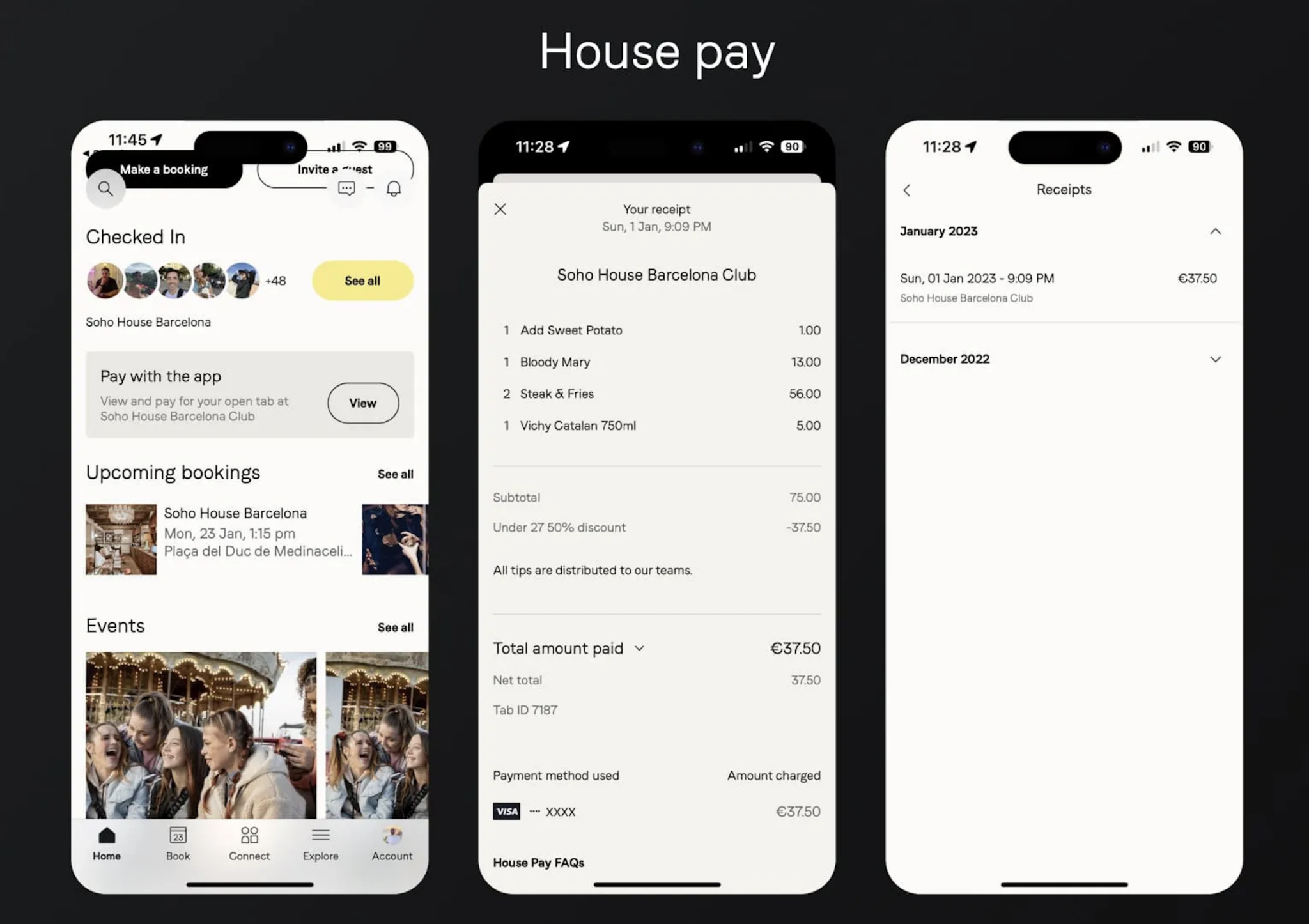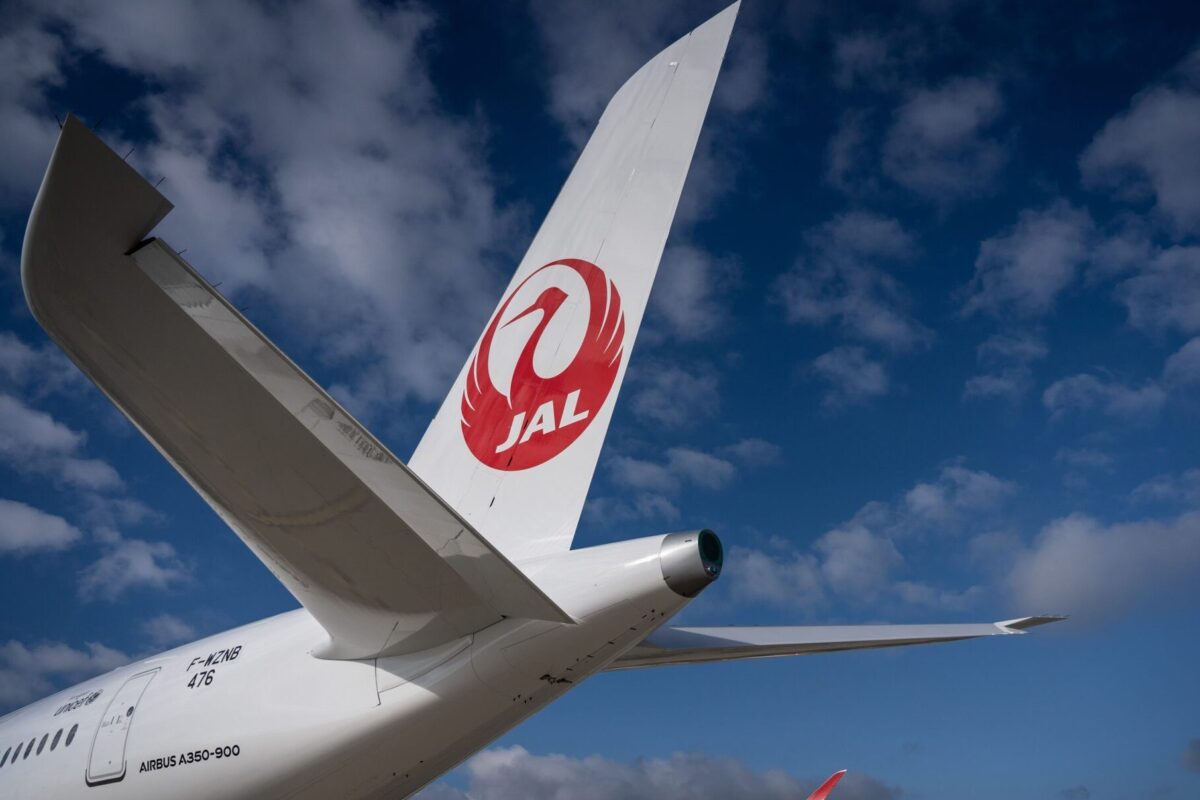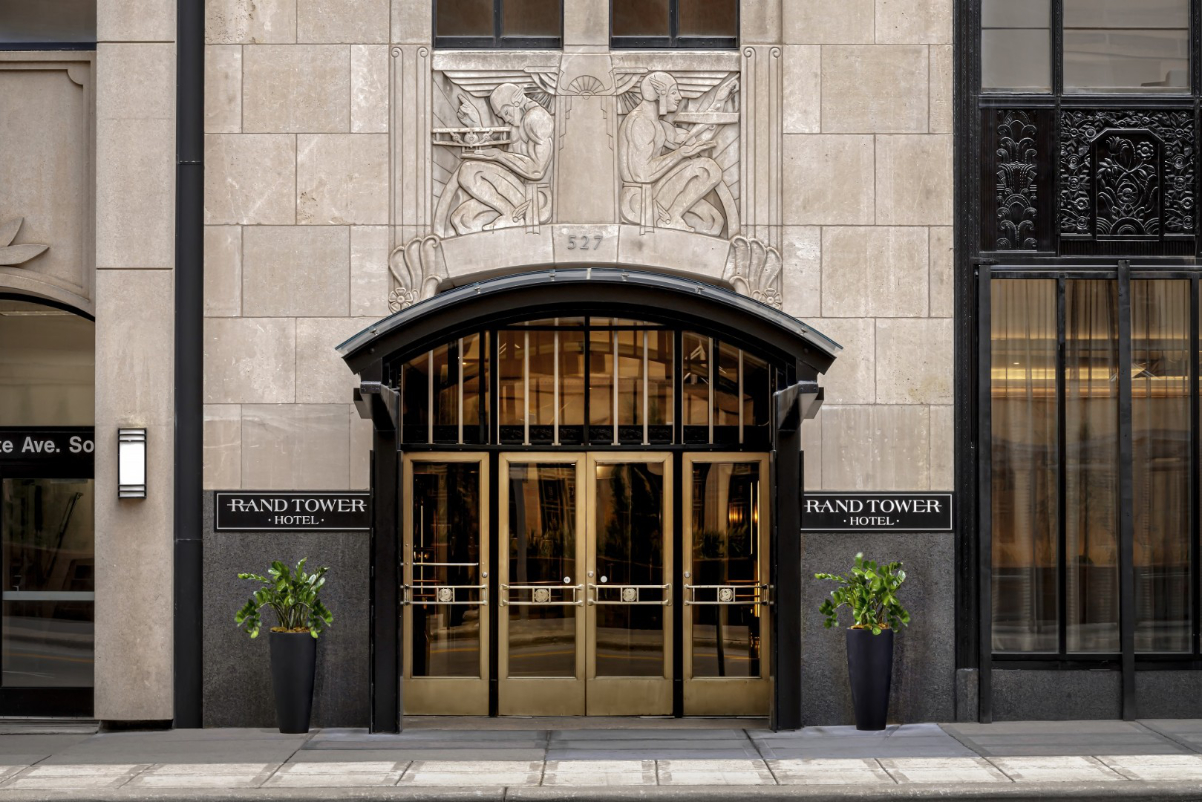Hopper Plans to Stay Private for Now With $5 Billion Valuation

Skift Take
What’s one of the best ways to land a job or sell a company? Tell pursuers that you were planning to do no such thing.
That comes to mind with the news Thursday that air and hotel — and most recently — vacation rental app Hopper executed a $35 million secondary sale of its shares at a $5 billion valuation. Incidentally, although it hasn’t been announced, Skift reported that Hopper is hiring developers to transition from an app-only booking platform to desktop in a bid to potentially expand its millennial and Gen Z user base, as well.
That new $5 billion private valuation — and we all know how hyped up some of those can be — amounted to a $1.5 billion leap from six months ago when Hopper last raised funds.
Hopper did the secondary sale, which was first reported by TechCrunch, to enable some employees and investors to cash stock options and stakes so they wouldn’t have to wait for what could be a distant initial public offering or special purpose acquisition company merger, both routes to get onto a stock market.
That $35 million, which came from new investors Drive Capital, Stack Capital Group, and existing shareholders will not be used for working capital, according to a Hopper spokeswoman. Since its founding in Montreal 15 years ago, Hopper has raised about $590 million.
“Right now there are no plans at the moment for an IPO or SPAC,” a Hopper spokesperson said. “The company is focused on iterating our fintech capabilities in the Hopper app and building out the Hopper Cloud line of business. Hopper is funneling all profits back into marketing spend to accelerate growth.”
While Hopper CEO Fred Lalonde has said he likes the freedom of being a private company, and an IPO or SPAC deal doesn’t appear to be in the short-term plans, an acquisition-hungry company could come knocking and inquiring about buying Hopper but that $5 billion valuation could be a dissuader.
For example, since 2014, Booking Holdings’ major acquisitions or pending ones — OpenTable ($2.6 billion,) eTraveli Group ($1.8 billion) and Getaroom ($1.2 billion) — have all been in this $1 billion to $2 billion + neighborhood.
Of course, Amazon, which has been dabbling with flight and ground transportation partnerships in India, has enough wallet to acquire Hopper if the online retailer decided to jumpstart a U.S. travel business after several failures.
Hopper’s acceleration coincided with its move into fintech — some call it insurance — where it enables consumers to freeze the price of an airfare or hotel rate for a specified period for a fee. If the airfare or hotel rate rises higher than the fee, then Hopper has to pay the difference. Hopper is also distributing these types of services through partnerships with Kayak, Capital One, MakeMyTrip, and Trip.com Group.
Hopper claims that more than 70 percent of its airfare revenue comes from these fintech services rather than commissions on selling flights. Hopper doesn’t disclose the same metric for hotels.
While Hopper doesn’t know its market share, it cited industry standard Marketing Information Data Tapes to show that its flight market share in North America in December was 300 percent higher than pre-pandemic.
Hopper has been expanding into vacation rentals and has some 2 million homes on its books that it gets through partnerships. In what would be an audacious move, Hopper announced plans to offer within the next few months a cancel-for-any-reason feature. In exchange for paying an unspecified fee, Hopper would refund gets 80-100 percent and fully refund hosts if guests cancel, the company said.
For now it is all vaporware and talk because the company hasn’t launched it yet, and the terms and conditions have yet to be aired.
Without passing judgment on these particulars, Spencer Hanlon, global head of payments and Europe boss for payments company Nium, said he commends Hopper for being “brave” in trying to innovate on cancellation policies, which have been disastrous throughout the pandemic.
A new financial instrument to give travelers more certainty with new cancellation options would be a “good thing, and it needs to happen across the industry,” Hanlon said.
Whichever company gets this right, and it might not be Hopper, would provide travelers with greater confidence and stimulate demand, he said.






